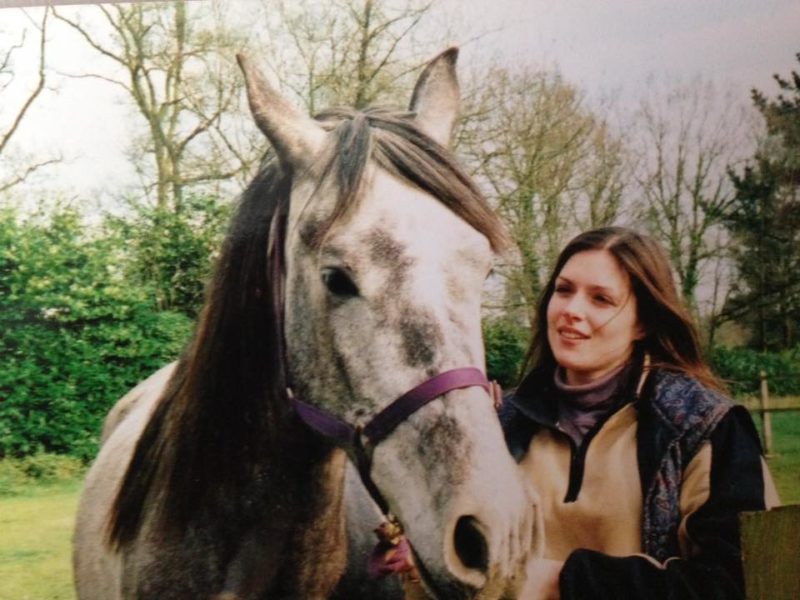Improving Your Relationship With Your Horse
How being a compassionate rider improves your day to day life
Treating your horse in a calm and compassionate way is great way of improving your relationship with your horse, but it also impacts positively on your day-to-day life at home and at work, with family, friends and colleagues.
When we spend quality time with our horses – whether in the saddle or just being with them, we just feel that bit better. It is a well-established fact that a hug with a human loved one or a cuddle with our dog or cat releases oxytocin. And of course, it is the same when we are with our horse! Oxytocin is a neurotransmitter released in our brain; its purpose is to strengthen social bonds and feelings of comfort and happiness whilst reducing levels of stress and anxiety.
Compassionate horsemanship is all about gaining a connection with our horse and the oxytocin is actually enabling this as it is released in our brains. Our horse senses our calmer state at a deeper level and in turn the bonding grows further. In essence we are communicating better.
We all know that when we are stressed our communication on a physical level is more closed and restricted. We can sense people’s stress in the way they hold themselves and at a sub-conscious level we go into reactive rather than responsive mode. The brain senses something is wrong and the alert level for danger is increased. When we are stressed messages in our brain are prevented from reaching our cerebral cortex. Here we have access to all our skills and knowledge and can come up with a balanced and logical assessment of the situation. Instead, our reactions are driven from our limbic system – the primitive part of the brain that controls our fight/flight mechanisms. We may in this instance, find ourselves getting angry or extremely anxious or perhaps not be able to do or say anything. The impact of stress on our relationship with our horse is clear – it reduces effective communication and signals ‘danger’ for your horse, which is why much emphasis relating to compassionate horsemanship centres on us being calm and relaxed.
So how does that release of oxytocin when we are with our horse make us feel that much better in our everyday life? It all relates to the neuroplasticity of the brain. Our brain connections are not set – we can make changes in our brain and very quickly! We make those changes in our brain according to what we think and what we do. In thinking and acting positively and being with people and animals that we love, we are releasing a number of different neurotransmitters, including oxytocin. These help to re-wire the brain to think, act and be more positive in our daily life. In other words, the more we do things we enjoy, the more we enjoy things – horse-related or otherwise! The oxytocin excites our neurones and keeps the neural pathways strong, which means that being and acting more positive becomes the norm.
If you find that you are not able to develop that deeper level of communication with your horse, it might be because your general levels of anxiety are too high? Hypnotherapy really helps to reduce those stress levels so that you can begin to feel the benefit of neurotransmitters such as oxytocin, which won’t just help in improving your relationships with your horse, but in all aspects of your life.
Inspired to Change Hypnotherapists are based across the UK in Peterborough, Northamptonshire, Cambridgeshire, Leicestershire, Devon and Kent. If you would like to find out more about how hypnotherapy can help you lift depression click here to find your nearest therapist and book your free initial consultation.
Inspired to Change Hypnotherapists are all recognised by the National Council for Hypnotherapy, the UK’s leading not-for-profit hypnotherapy professional association.
To find out how you can train as a solution focused hypnotherapist click here for our hypnotherapy school information. (edit)

